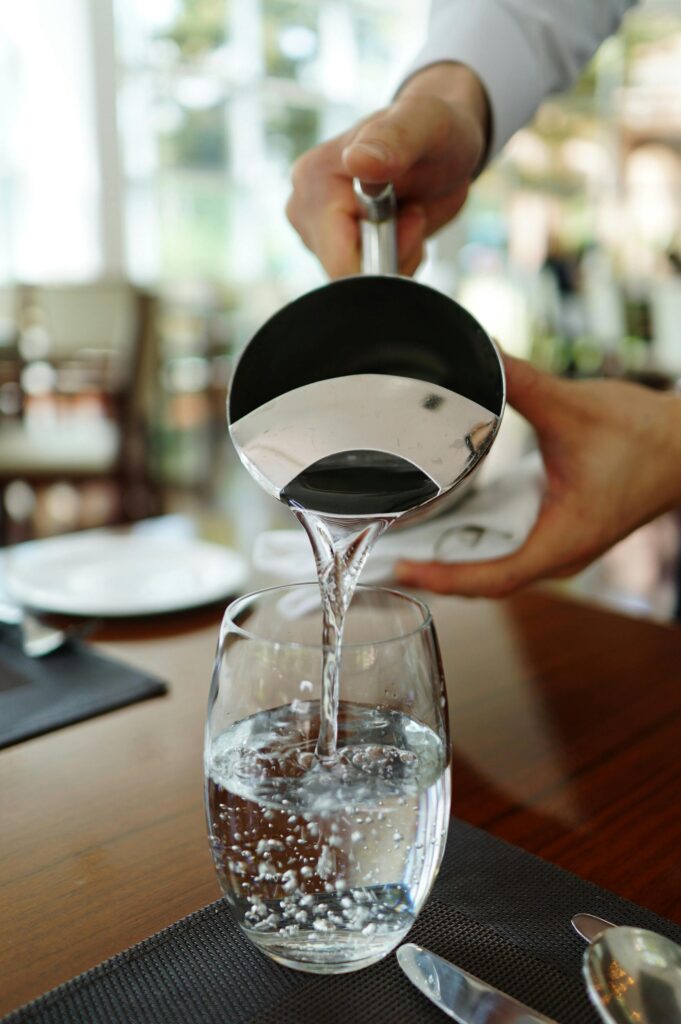In the midst of our busy lives, it’s easy to overlook one of the simplest yet most crucial aspects of self-care: staying hydrated. Water is not merely a beverage; it’s the elixir of life, essential for maintaining optimal health and well-being. Despite its importance, many of us fall short of consuming an adequate amount of water each day. However, understanding the significance of hydration and its impact on our bodies can inspire us to prioritize this fundamental aspect of self-care.
Water is the cornerstone of human physiology, constituting approximately 60% of our body weight. Every cell, tissue, and organ in our body relies on water to function correctly. From regulating body temperature to aiding digestion, transporting nutrients, and removing waste, water plays an irreplaceable role in numerous bodily processes.
One of the most immediate benefits of staying hydrated is improved cognitive function. Dehydration can impair concentration, memory, and mood, making it harder to stay focused and alert throughout the day. Research has shown that even mild dehydration can lead to cognitive decline and decreased performance on cognitive tasks. By contrast, adequate hydration has been linked to enhanced cognitive performance, including better memory, attention, and mood stability.
Furthermore, staying hydrated is essential for maintaining physical health and performance, especially during exercise. When we sweat, our bodies lose water and electrolytes, which must be replenished to prevent dehydration and maintain optimal performance. Dehydration during exercise can lead to fatigue, muscle cramps, and impaired physical performance. By drinking enough water before, during, and after exercise, we can support our bodies’ ability to regulate temperature, deliver oxygen to muscles, and flush out metabolic waste products.
Beyond cognitive and physical benefits, adequate hydration also supports overall health and well-being. Water plays a vital role in digestive health, helping to break down food, absorb nutrients, and prevent constipation. Proper hydration also supports kidney function by enabling the kidneys to effectively filter waste and toxins from the bloodstream. Additionally, staying hydrated can promote healthy skin by improving elasticity, reducing the risk of dryness and wrinkles.
Despite the clear benefits of staying hydrated, many people struggle to drink enough water each day. Factors such as busy schedules, lack of access to clean water, and simply forgetting to drink water can contribute to inadequate hydration. However, there are several strategies we can employ to ensure we’re getting enough water:
- Set reminders: Use smartphone apps or alarms to remind yourself to drink water regularly throughout the day.
- Carry a reusable water bottle: Keep a water bottle with you wherever you go, making it easier to sip water throughout the day.
- Flavor your water: If plain water doesn’t appeal to you, try infusing it with fresh fruit or herbs for a refreshing twist.
- Monitor your urine: Pay attention to the color of your urine; pale yellow or clear urine indicates adequate hydration, while dark yellow urine may signal dehydration.
- Incorporate water-rich foods: Fruits and vegetables like watermelon, cucumber, and oranges are not only hydrating but also nutritious additions to your diet.
- Create habits: Establishing routines, such as drinking a glass of water first thing in the morning or before meals, can help ensure you’re consistently getting enough water.
In conclusion, hydration is a fundamental aspect of self-care that should not be overlooked. Drinking enough water each day is essential for maintaining optimal physical and cognitive function, supporting overall health, and promoting well-being. By prioritizing hydration and implementing simple strategies to ensure we’re getting enough water, we can unlock the myriad benefits of staying properly hydrated and thrive in our daily lives. Remember, a well-hydrated body is a healthy and vibrant one.

